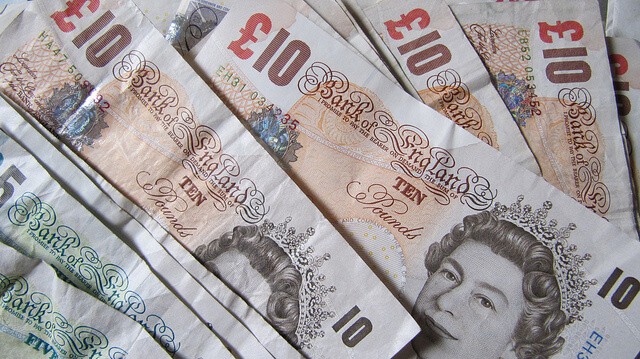 If you’re a self-employed taxi driver you most probably dread that period just before January when your tax return is due. As most of your fares come from cash it’s a difficult job keeping tabs on what are business expenses, what are personal and separating tips from fares. However, good record keeping is essential not just from a tax perspective, but also helps you determine whether you’re making the most out of the time you spend in your cab.
If you’re a self-employed taxi driver you most probably dread that period just before January when your tax return is due. As most of your fares come from cash it’s a difficult job keeping tabs on what are business expenses, what are personal and separating tips from fares. However, good record keeping is essential not just from a tax perspective, but also helps you determine whether you’re making the most out of the time you spend in your cab.
How can you make sure your finances are all in order? Here are our top tips for keeping track of your finances if you’re a self-employed taxi driver.
Having a Cash System
Unless you’ve invested in a faster payment system, or have a wireless car machine, it’s likely that almost all of your fares will come from cash. While it’s obviously important to keep your customers happy (and you often can’t stay parked in a drop-off spot for too long), you need to develop some way of separating your fares from your tips, while keeping note of what fares you make.
This doesn’t need to be anything complicated, and there are some very good automated systems out there for keeping tabs on your tickets. All you need to do is balance the books, making sure that you know what has been received matches up with what has been billed.
Distinguishing Tips and Fares
For tax purposes, tips are treated differently from fares. Your fares count as income for trading purposes and, as such, they are accumulated until the personal allowance level, at which point you’ll have to start paying National Insurance and income tax.
Tips, which by definition are given voluntarily by customers, are only chargeable to income tax. You can therefore ignore them when calculating which National Insurance band you fall into. Lumping your fares and tips into one box won’t save you money – make sure you keep them separate and treat them as such when the tax man asks.
Financial Performance
One of the great things about being self-employed is that you can determine your working hours, however most cab companies will also allow some flexibility over choosing your shifts. As such, your financial performance can be an extremely useful tool for gauging which shifts to take.
If you have a good record system, some basic idea of weather conditions and notes concerning any events that were going on or any particularly good fares you picked up, you can use the information you have to try to maximise your time spent on the road. You might think you have a good idea of where the best fares are, but actually looking at the data can tell you a very different story.
Expenses and Deductions
Of course, a taxi business isn’t just about raking in the fares, there are also important expenses to pay as well. Just as you keep a note of your income, you should also make a note of your expenditure and you should try to be quite meticulous about it. Almost everything can be deducted from your income at the end of the year, which will reduce your tax bill.
Obviously you need to keep account of fuel costs, any subsistence you end up buying while out on the job and any incidentals such as toll fares. Unfortunately, fines are not tax deductible, so you’ll need to settle these yourself, and any repairs or improvements you make to your car or cab are usually treated as ‘capital’ expenditure, meaning you’ll get tax relief over a few years. It’s also worth thinking about your taxi insurance bill, as this will usually be deductible too.
The most important thing about managing your finances is to keep the raw information somewhere handy. Whether you’re someone who likes to keep a fare ticker and uses this to support your data, or you prefer to just jot things down by hand, it’s crucial that you’re keeping good financial records. Not only will this help minimise your tax bill, but keeping good records can also help you in the event of an argument, accident or discrepancy. It’s very important to keep your eye on the figures!
Photo by HowardLake / CC BY-SA 2.0
